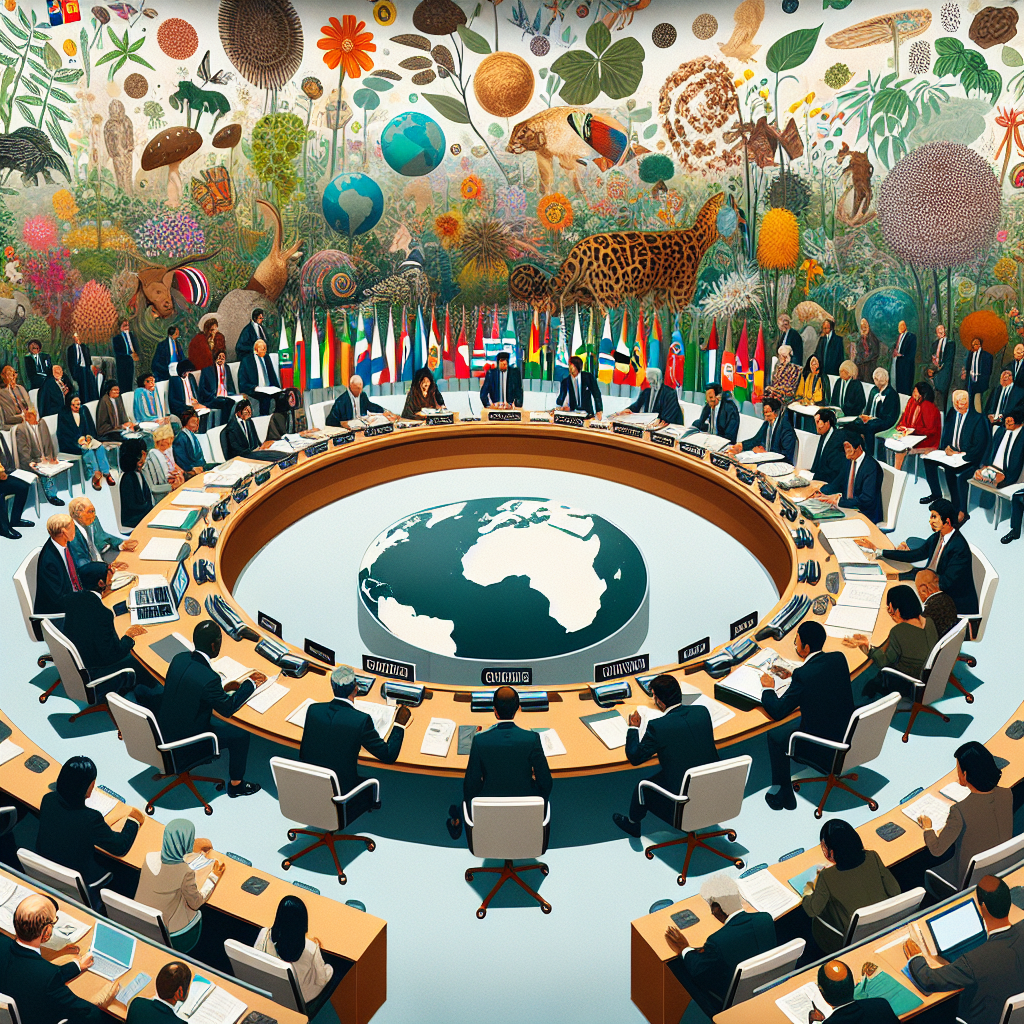Global Biodiversity Crisis: Personal Responsibility Matters
The global biodiversity crisis is reaching tipping points threatening species extinctions and ecosystem collapse. At COP16, global efforts are gauged to tackle the issue, but progress remains slow. Individuals can contribute by reducing consumption, choosing renewable energy, and taking local environmental action to mitigate the worsening crisis.

- Country:
- Australia
The global biodiversity crisis is at a tipping point, risking catastrophic species extinctions and ecosystem collapse. The 16th Conference of the Parties to the United Nations Convention on Biological Diversity (COP16) held in Cali, Colombia, aims to assess and accelerate global efforts to counter these threats.
Despite pledges from COP16, tangible progress remains limited, with only a fraction of the required $200 billion annual funding secured. Individuals feel powerless, yet they hold potential to invoke change through reduced consumption, selecting renewable energy, and engaging in local environmental projects.
Everyday decisions have a profound impact on biodiversity. By cutting consumption, buying sustainably, and choosing renewable energy, people can help protect the planet. Collective small steps can amplify into significant change even as governments and corporations navigate complex policies and targets.
(With inputs from agencies.)
ALSO READ
NTPC and ONGC Forge Alliance for Renewable Energy Revolution
Global Renewable Energy Surge: Investment to Hit $3.1 Trillion by 2024
IEX Sees Surge in Renewable Energy Trades Amid Rising Demand
ACME Solar Holdings Launches Blockbuster IPO: A Pivotal Move in Renewable Energy
India's Power Surge: Pioneering the Future of Renewable Energy










